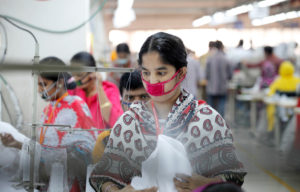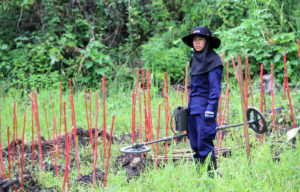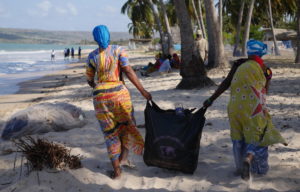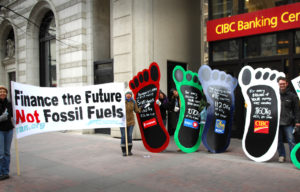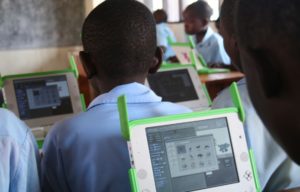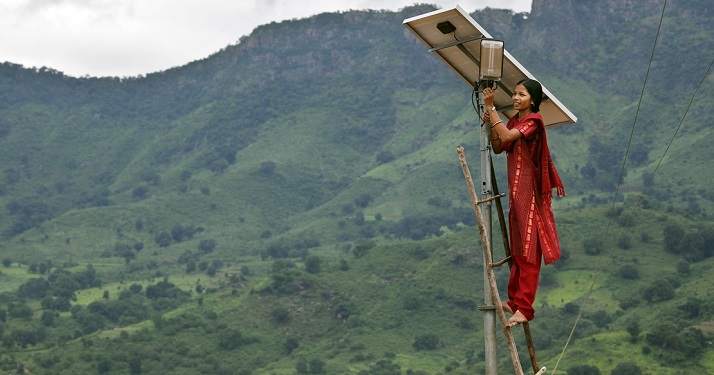
DFID / CC BY
Renewable energy in second place globally
In 2013, renewables such as hydropower and biofuel climbed to second place as the biggest source of electricity worldwide. Investment in renewables increased sixfold in 10 years.
Share
Other categories
Region: Global
Theme: New Technology, Sustainability, Technology
Costa Rica has been running on 100 percent clean energy in the first months of 2015. Last year, China declared war on pollution. Countries from South Africa to Brazil invest heavily in sustainable and renewable energy.
Efforts like these, and many more, mean that renewable energy overtook natural gas as the second biggest energy source for electricity generation in the world in 2013, accounting for 22 percent of the world’s electricity by then. However, coal is still the biggest source of electricity in the world at 41 percent in 2013.
Investments are soaring
Over the past few years, ‘Western’ countries have invested heavily in developing cheaper and better ways to use renewable energy, which means that technologies like solar and wind power have gotten significantly cheaper. This in turn makes it easier for developing countries to invest in and apply renewable energy, which can be seen in the amount of money they spend.
The global level of investment in renewable energy reached 270 billion dollars in 2014 – a sixfold increase in just ten years. Almost half of this amount, 131 billion dollars, came from the developing countries. China especially is investing heavily, accounting for 83.3 billion dollars of the total bill.
Other developing countries are following suit, with Brazil, India, and South Africa all being among the top investors, and countries such as Mexico, Turkey, Kenya, and Indonesia all spent more than a billion dollars on renewable energy last year.
Globally, solar and wind power are by far the biggest renewable power technologies being invested in.
Many without electricity
However, there is still a long way to go to achieve sustainable energy for everyone. First of all, the investment in renewable energy happens primarily in electricity production. Transportation and heating still relies heavily on fossil energy: Most cars still run on diesel or gasoline.
Furthermore, 1.1 billion people all over the world still lack basic access to electricity. More than two billion people still cook their food on traditional stoves, with biomass such as wood, charcoal, and even animal dung.
Nevertheless, the development is going the right way. Since 1990, almost two billion people have gained access to electricity. As more and more people around the world join them, the big investments in renewable energy, from both developed and developing countries, are increasingly important.
